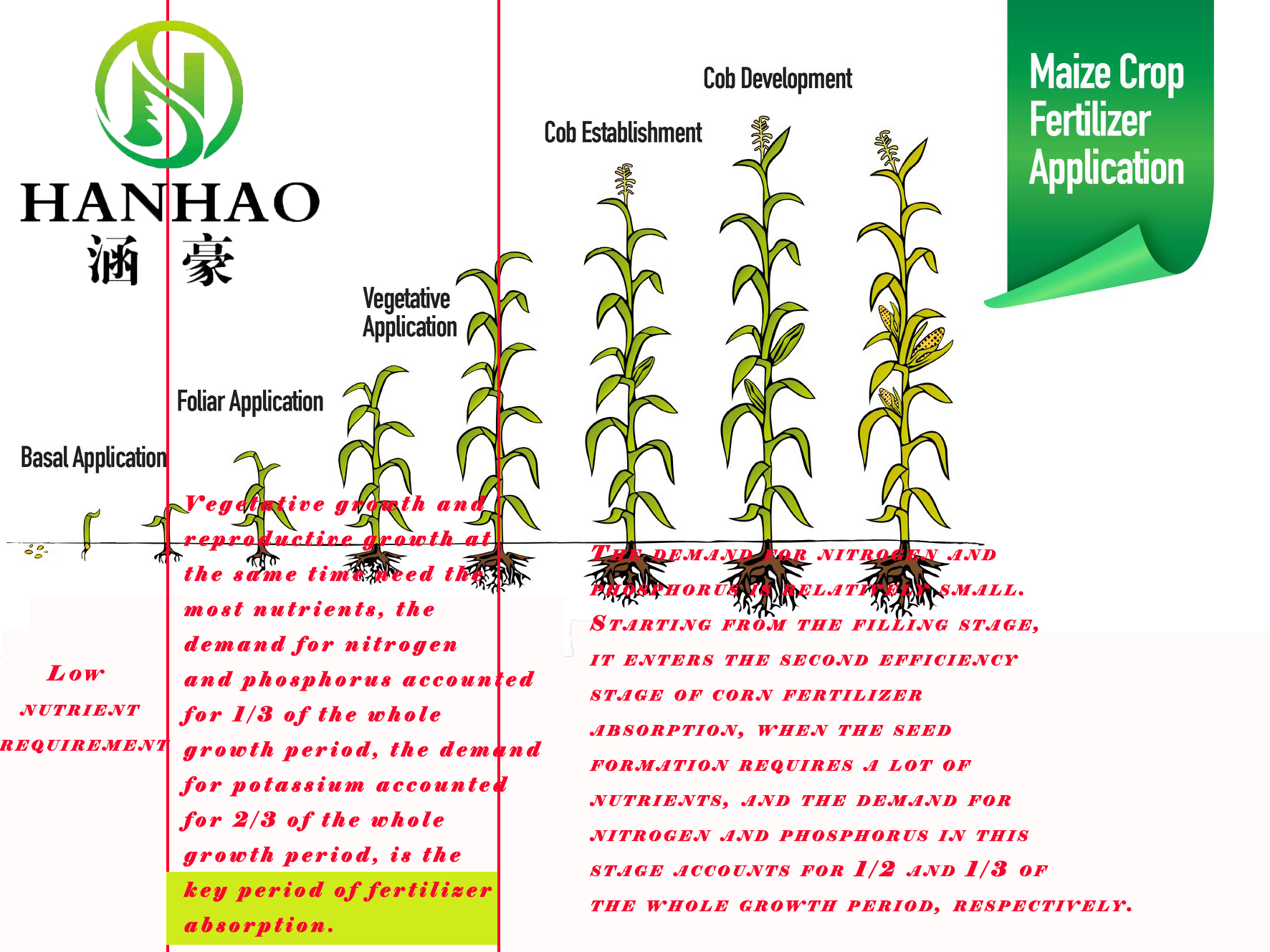
Nov . 15, 2024 09:17 Back to list
ammonium sulphate water soluble fertilizer factory
The Role of Ammonium Sulphate as a Water-Soluble Fertilizer
In the ever-evolving world of agriculture, the need for effective and efficient fertilizers has never been more critical. One such product that stands out is ammonium sulphate, a water-soluble fertilizer that has gained popularity among farmers and horticulturists alike. This article delves into the properties, benefits, and applications of ammonium sulphate, highlighting its significance in modern agriculture.
What is Ammonium Sulphate?
Ammonium sulphate, chemically represented as (NH4)2SO4, is an inorganic salt that consists of ammonium and sulphate ions. It is produced through the reaction of ammonia with sulphuric acid, resulting in a white crystalline solid that is highly soluble in water. Its effectiveness as a fertilizer lies in its nitrogen and sulphur content, two essential nutrients that play a crucial role in plant growth and development.
Nutritional Benefits
One of the primary advantages of ammonium sulphate is its high nitrogen content, typically around 21%. Nitrogen is a vital nutrient that promotes vegetative growth, stimulates chlorophyll production, and enhances overall plant health. A deficiency in nitrogen can lead to stunted growth, yellowing of leaves, and reduced crop yields.
Additionally, ammonium sulphate provides sulphur, which is often overlooked but is equally important for plant health. Sulphur contributes to the synthesis of amino acids, proteins, and enzymes. It also aids in chlorophyll formation, enhancing photosynthesis, which is essential for crop vitality.
Water Solubility and Application
Being water-soluble makes ammonium sulphate particularly favorable for various application methods. It can be easily dissolved in water and applied through irrigation systems, ensuring even distribution of nutrients. This solubility allows for quick absorption by plants, making it an effective choice during the critical growth stages.
ammonium sulphate water soluble fertilizer factory

Farmers typically use ammonium sulphate in several ways, including
1. Foliar Sprays Diluted solutions of ammonium sulphate can be sprayed directly onto plant leaves, allowing for rapid nutrient uptake. 2. Soil Application Granular forms can be incorporated into the soil before planting or as a side dressing during the growing season. 3. Hydroponics In hydroponic systems, where soil is absent, ammonium sulphate serves as a vital component of nutrient solutions.
Environmental Considerations
While ammonium sulphate offers numerous advantages, it is essential to consider its environmental impact. Some concerns have been raised regarding the potential for nutrient runoff, which can lead to water pollution and eutrophication of aquatic systems. To mitigate these risks, farmers are encouraged to adopt best management practices, such as soil testing and appropriate application rates, to ensure that nutrients are utilized efficiently.
Furthermore, the production of ammonium sulphate involves the use of ammonia, which is derived from natural gas. As the agricultural industry increasingly focuses on sustainability, efforts are being made to explore alternative sources, including organic options and sustainable manufacturing processes.
Conclusion
Ammonium sulphate is a powerful tool in the arsenal of modern agriculture. Its water solubility, combined with essential nutrients like nitrogen and sulphur, makes it an effective fertilizer for a wide range of crops. By understanding its benefits and proper application methods, farmers can maximize their yields while addressing the nutritional needs of their plants.
As the demand for food continues to rise globally, optimizing fertilizer use through products like ammonium sulphate will be crucial in achieving sustainable agricultural practices. Whether in large-scale farming operations or small-scale gardens, the role of water-soluble fertilizers in promoting healthy plant growth cannot be overstated. In embracing such effective solutions, we can work towards a more productive and sustainable agricultural future.
-
10 10 10 Fertilizer Organic—Balanced NPK for All Plants
NewsJul.30,2025
-
Premium 10 10 10 Fertilizer Organic for Balanced Plant Growth
NewsJul.29,2025
-
Premium 10 10 10 Fertilizer Organic for Balanced Plant Growth
NewsJul.29,2025
-
Premium 10 10 10 Fertilizer Organic for Balanced Plant Growth
NewsJul.29,2025
-
50 Pound Bags of 13-13-13 Fertilizer for All Plants – Bulk & Organic Options
NewsJul.28,2025
-
High-Efficiency 15-30-15 Granular Fertilizer for Healthy Crops
NewsJul.28,2025
